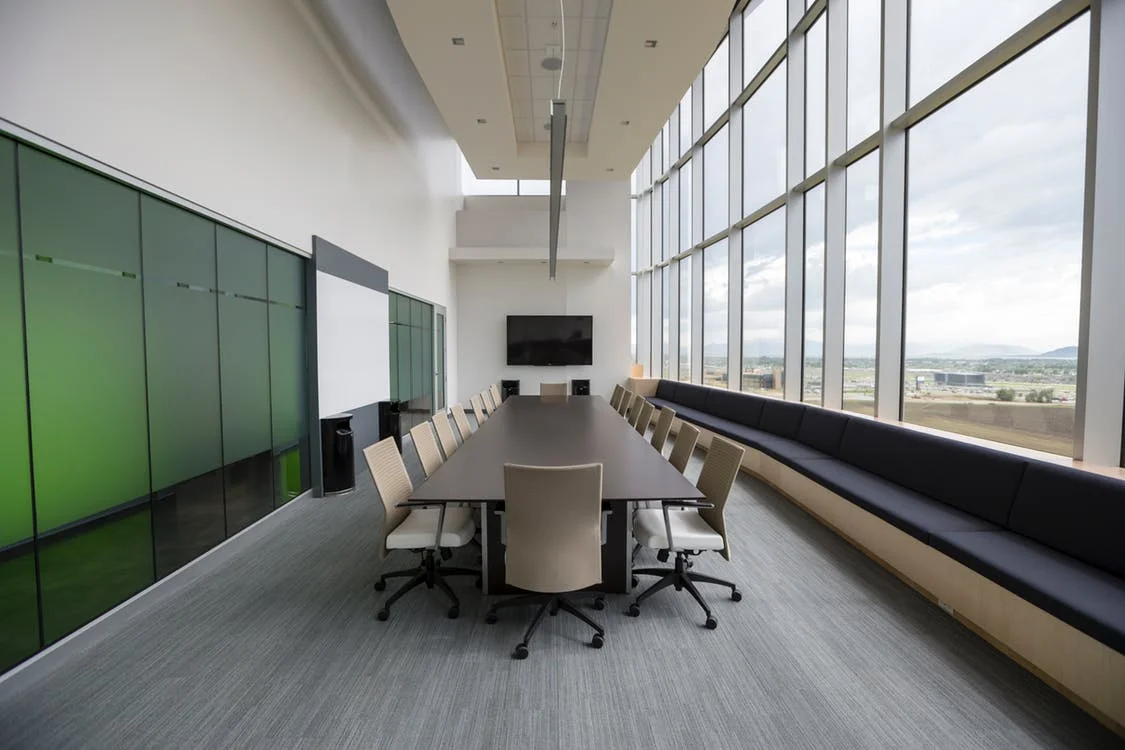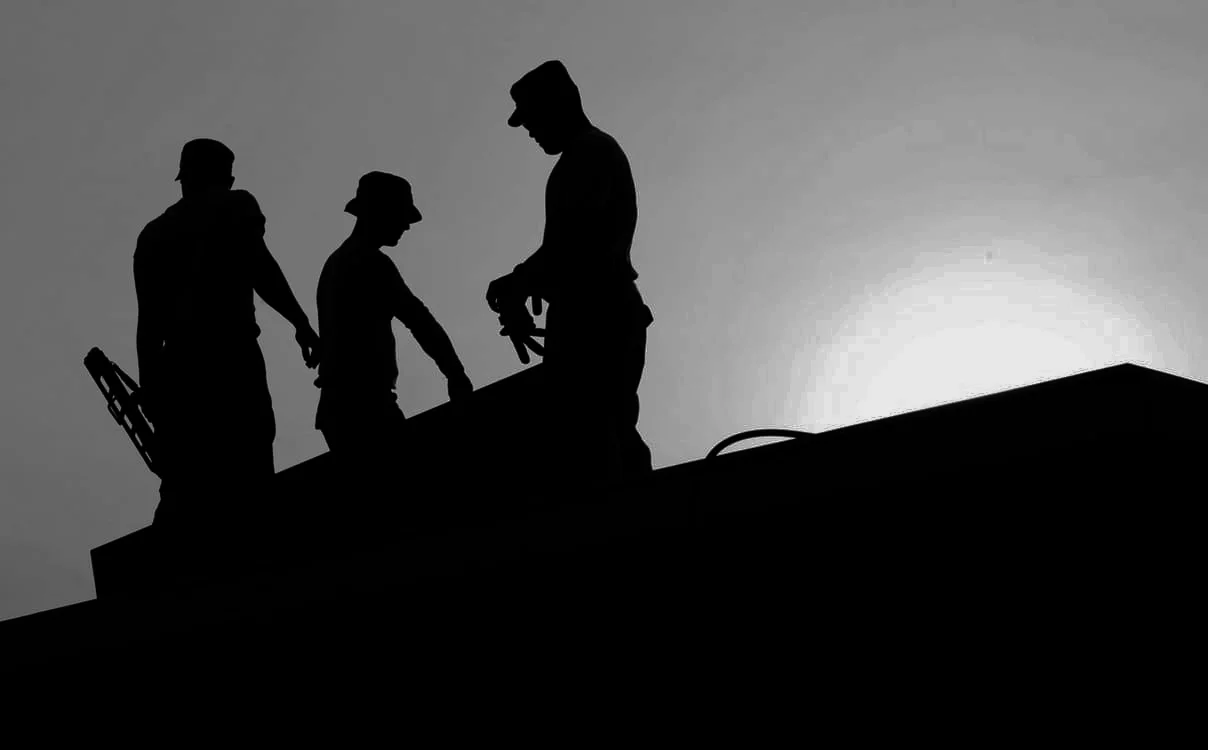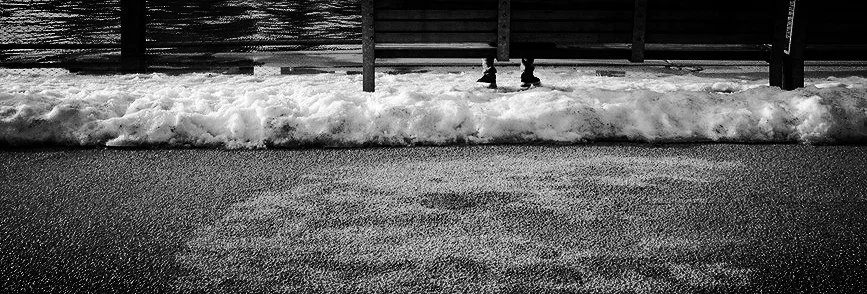METRO DETROIT SLIP AND FALL LAWYER

Metro Detroit Slip and Fall Attorney
If you have been injured as a result of a Michigan landowner’s negligence, you may be entitled to compensation for pain and suffering, medical bills, wage loss, and other accident related expenses. Slip and fall accidents are typically called premises liability cases under the law, and occur when someone is hurt as a result of the negligence or carelessness of the property owner or "possessor of land".

Some examples of dangerous conditions that can cause injury and be the basis of a slip and fall or premises liability action include:
- Standing water puddles
- Uncleared snow and ice
- Black ice
- Concealed holes
- Defective stairways
- Improperly maintained walkways
- Defective flooring
- Unsecured retail merchandise
- Hidden drop-offs
SLIP AND FALL CHECKLIST
If you are a loved one have been involved in a slip and fall accident, there are things you can do to maximize your potential recovery from a careless or negligent property owner:
- Medical Treatment – Seek medical treatment as soon as possible after a slip and fall
- Notice - Notify the owner or manager that you were injured as a result of a dangerous condition on the property.
- Accident Report - File an accident report with the owner or manager and request a copy of the report for your own records. The accident report will serve an important evidentiary purpose in your case. Avoid answering questions on an accident report that you do not understand or that are unclear.
- Video Surveillance – Ask the owner or manager if the property has surveillance video that would show your fall or accident. Request a copy of the video, or at least that the video be preserved.
- Photographs – If possible, take photographs of the accident scene or cause of your fall. Doing so as soon as possible after the accident will show the precise conditions you encountered.
- Metro Detroit Injury Lawyers – Contact an experienced slip and fall accident attorney from the Metro Detroit Injury Lawyers.
HOW LONG DO I HAVE TO BRING A SLIP AND FALL CLAIM?
Generally, a slip and fall plaintiff has THREE YEARS from the date of the accident for injuries that occurred on private property. Children have one year after their 18th birthday to file a lawsuit. These time periods may differ for injuries on public property. Since evidence will fade, disappear or be corrected over time, you should not delay in contacting the Metro Detroit Injury Lawyers at 248-430-8929 for a free consultation and evaluation of your slip and fall claim.
WHAT WAS MY LEGAL STATUS?
Determining liability in a slip and fall or premises liability case depends on the legal status of the injured party at the time of the accident. When you think about it, this makes sense. For example, you owe a different legal duty to avoid injuring an invited guest than you do a burglar. Determining the legal status of the injured party is not always so clear, however. In general, there are three legal status classifications:
- Invitee – A business owner owes the highest duty of care to a customer or “invitee”. Similarly, a landlord must use the same standard of care for a tenant. In each situation, the owner is deriving some economic benefit from the person or persons on their property. In these instances, the owner must warn the invitee of dangers, as well as regularly and actively inspect the premises for defects or dangerous conditions, and make reasonable repairs.
- Licensee – A licensee is a person who is allowed onto the owner’s property, but who is not conferring an economic benefit to the owner. An example of a “licensee” is a social guest. The property owes a lessor duty to a licensee than to an invitee. For an licensee, the owner only has to warn the visitor about dangers that the owner knows or should know about, but which the guest is unlikely to discover or avoid.
- Trespasser – A property owner owes a very limited duty of care to a “trespasser”, or someone who does not have the owner’s permission to be on the property. For example, the owner may owe a duty of care to a trespasser who is a child when the owner knows or should know of the child’s presence. In contrast, the owner may owe no duty of care to a trespasser whose presence is not reasonably known or anticipated.
Determining your legal status requires careful analysis of the facts and circumstances of your case. Contact an experienced attorney at Metro Detroit Injury Lawyers, who will investigate all the facts of your claim and determine your rights to compensation.
* For more information on Michigan slip and fall accidents, visit our blog.
































